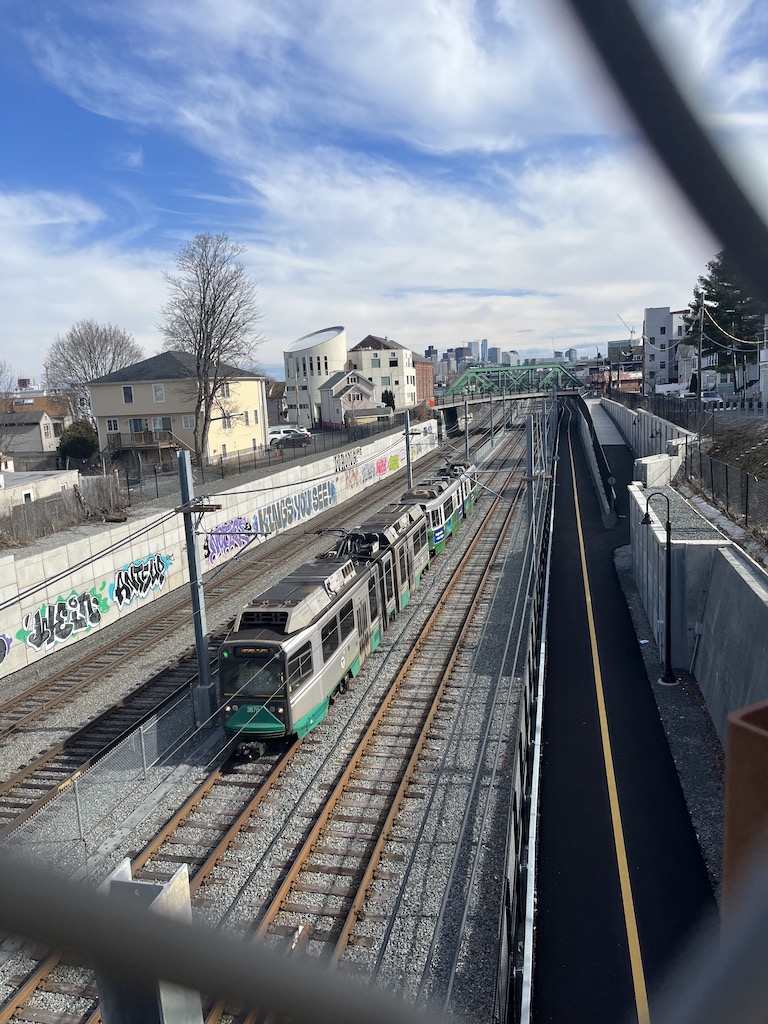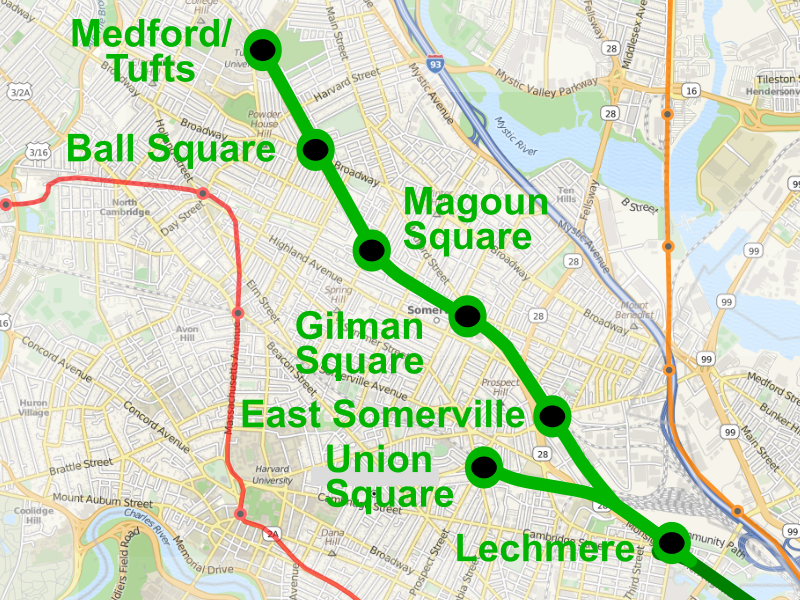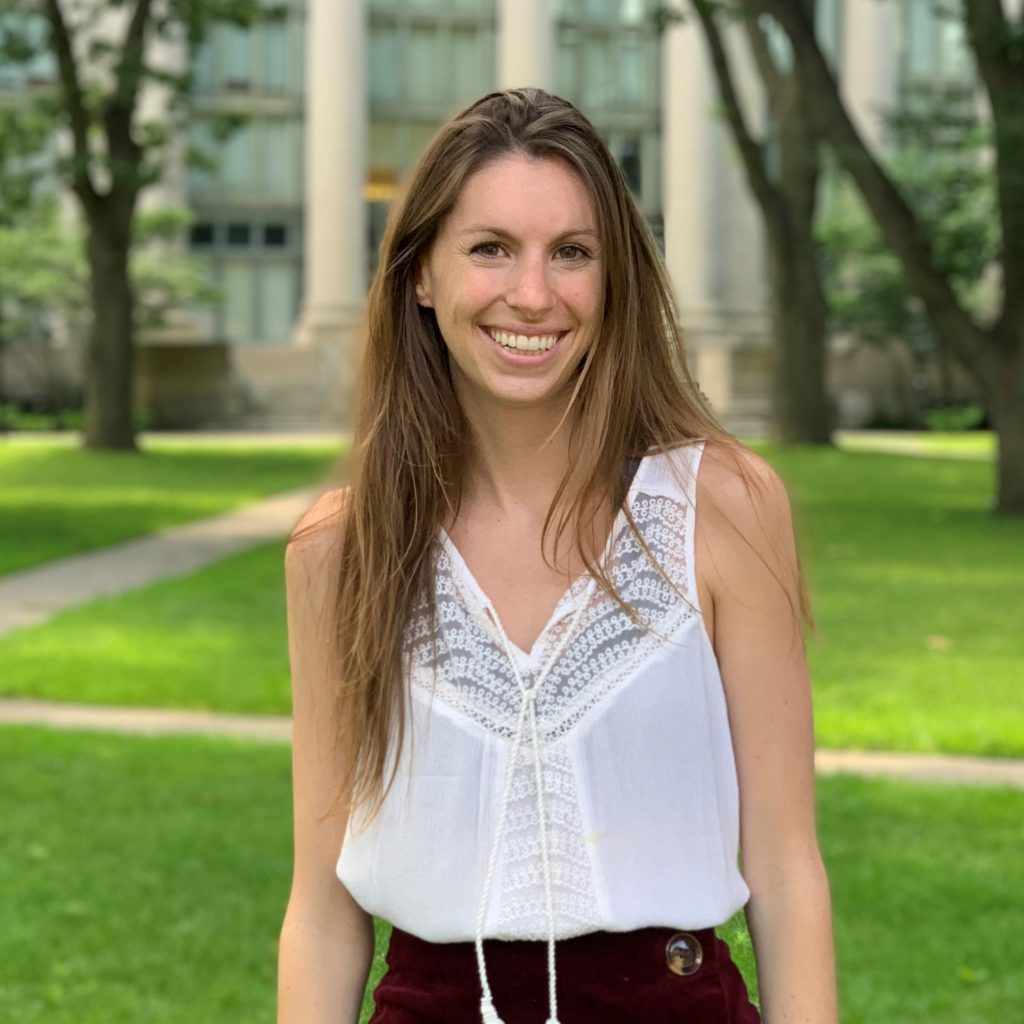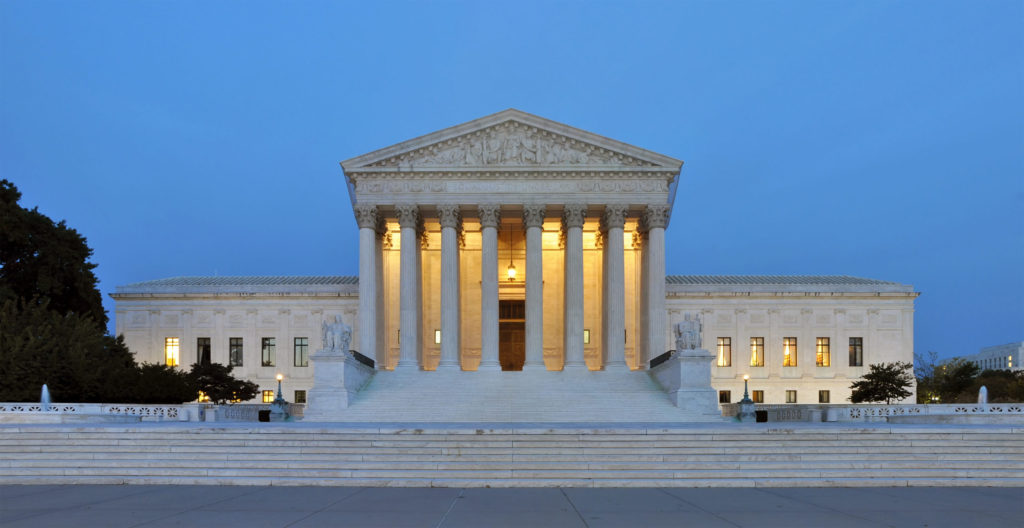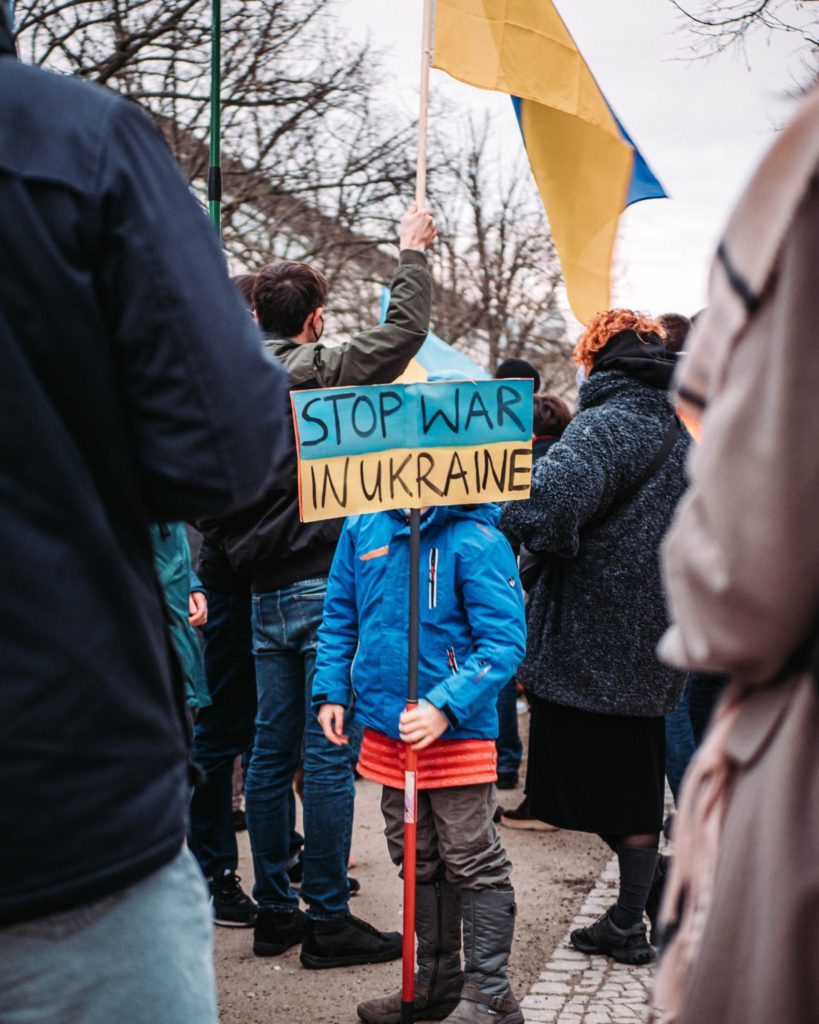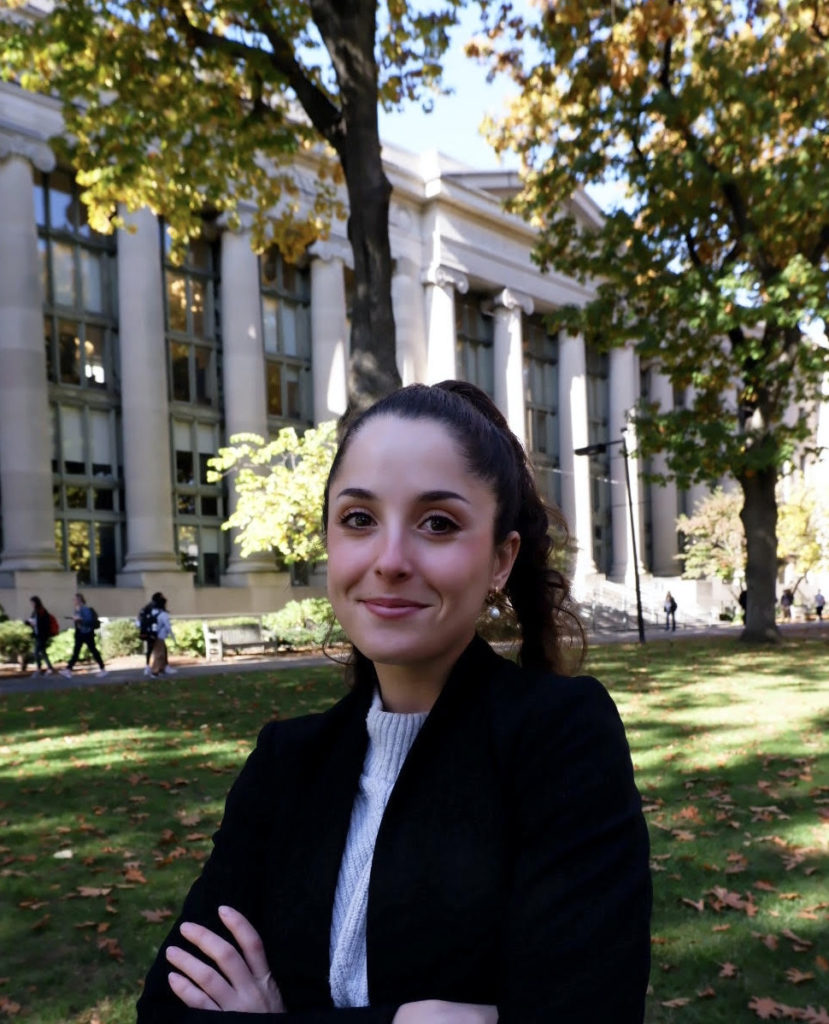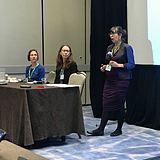 Former HNMCP clients Heather Kulp (New Hampshire Judicial Branch) and Rebecca Price (U.S. District Court for the Southern District of New York) presented at the ABA Section of Dispute Resolution Conference in Minneapolis, MN, on April 9, alongside Clinical Instructor Sara del Nido Budish ’13.
Former HNMCP clients Heather Kulp (New Hampshire Judicial Branch) and Rebecca Price (U.S. District Court for the Southern District of New York) presented at the ABA Section of Dispute Resolution Conference in Minneapolis, MN, on April 9, alongside Clinical Instructor Sara del Nido Budish ’13.
The presentation, “Trust the Process? Understanding and Learning from Party Perceptions of Court-Connected ADR Programs,” shared insights from their HNMCP projects that highlighted the need for ADR professionals to consider parties’ expectations and experiences that may be less visible to practitioners but profoundly impact overall perception of the fairness and effectiveness of court-connected ADR processes. In particular, the presentation tackled challenging questions such as how to give parties meaningful “access” to court-connected ADR programs, how ADR professionals can be proactive about gathering party feedback, and how to design (and implement) changes in these programs to shift the signals that are sent – intentionally or unintentionally – to parties. After presenting highlights from the HNMCP projects, the presenters led the 50 attendees in an active Q&A session.
HNMCP Clinical Instructor Andrew Mamo ’14 attended the Clinical Legal Education Association (CLEA)’s biannual New Clinicians Conference in San Francisco on May 4, 2019. The conference consisted of a day of structured presentations and small group discussions. As part of the conference, CLEA released its latest Handbook for New Clinical Teachers. Andrew contributed to the handbook in his capacity as a member of the CLEA New Clinicians Committee. The New Clinicians Conference was held jointly with the AALS Conference on Clinical Legal Education, which focused this year on the theme of “Teaching the Next Generation of Lawyer Leaders in a Time of Polarization.” The conference included several concurrent sessions, as well as subject-specific working groups. Conversation within the ADR working group at the conference provided opportunities to connect HNMCP’s work to that of other ADR clinics and programs around the country.
Andrew also attended the “Appreciating our Legacy and Engaging the Future” conference at the Straus Institute for Dispute Resolution at Pepperdine Law School in Malibu. The conference was a tremendous gathering of many individuals in the dispute resolution field—from those who were present at the creation, to those like Andrew who are just getting started.
Andrew noted, “The conference impressed upon me the importance of ‘appreciating our legacy’ in two senses. First, that we cannot take for granted the fundamental lessons of our theory—such as engaging with disputes as opportunities for creative (and value-creating) problem solving, distinguishing interests from positions, and listening with empathy. These lessons remain counterintuitive to many in the legal profession. Even if it’s all old hat to us, we still have much to do to make these lessons available to all.
Second, that we must appreciate our legacy in the sense of continuing to increase the value of what we have inherited. We cannot rest upon our inheritance, merely tinkering around the edges of our practices. Rather we must continue to forge new paths and to question the theory that we have received in the spirit of academic inquiry. After all, the world of 2019 is not the world of 1976: The barriers facing individuals who wish to vindicate their rights are different today, in an age of widespread mandatory arbitration, than they were at the time of the Pound Conference. So too are the available opportunities for disputants, as ODR platforms begin to go mainstream. These changes in the dispute resolution landscape, among many others, call for giving a fresh look at some of our field’s foundational principles, such as the nature of the multi-door courthouse, the relationship of law to ‘alternative’ dispute resolution, the nature of the subject within dispute resolution, and much more. We can hardly begin to ‘engage the future’ of dispute resolution without genuinely ‘appreciating our legacy’ in this sense.”

